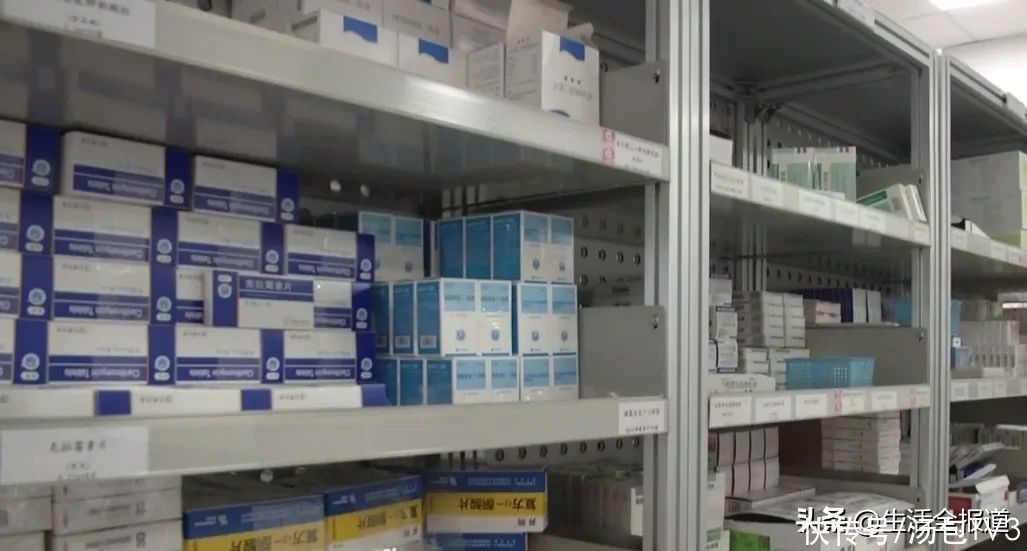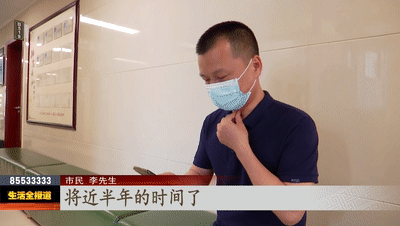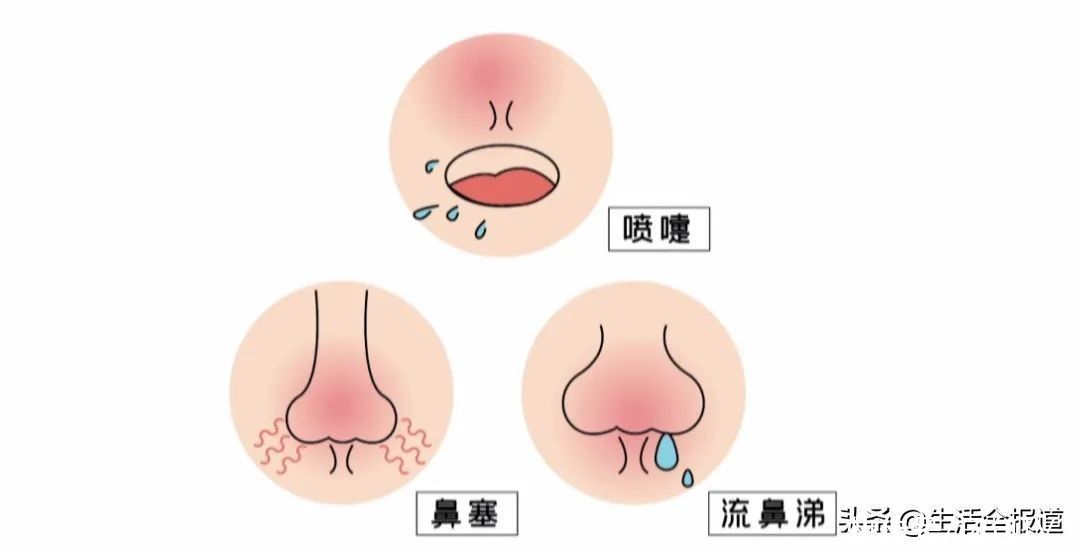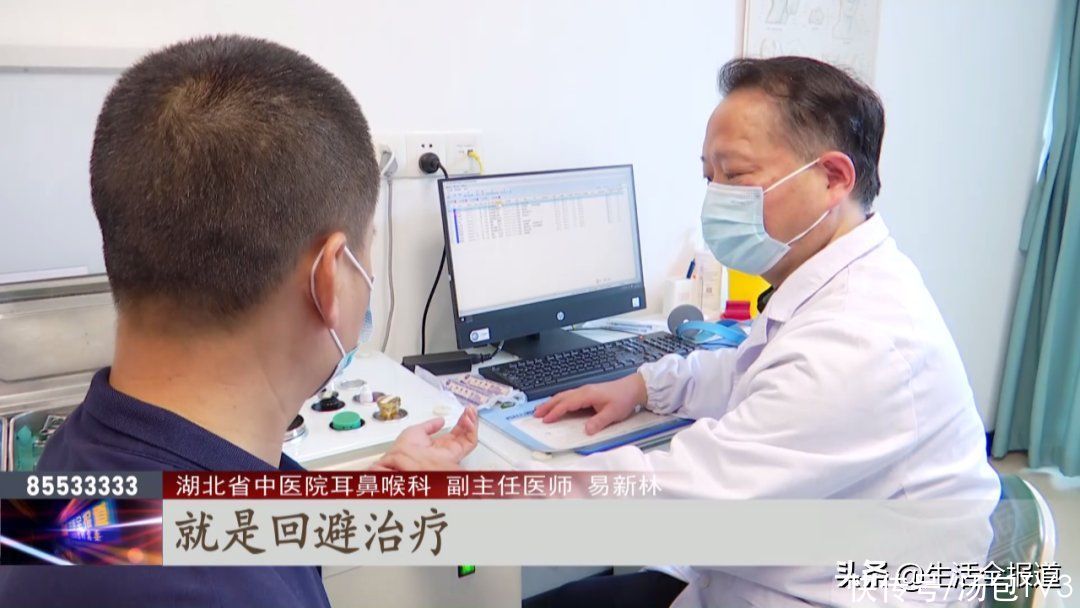Mr. Li from Wuhan developed cough and nasal congestion a few months ago. At that time, he thought it was a cold or pharyngitis. He thought that he could take some medicine to fight it. But I didn’t expect this resistance to be resisted for half a year. In the past six months, he didn’t eat well and sleep well every day, and he spent a lot of money on medicines in vain. When the symptoms became serious, he went to the hospital for examination and found out that he had the disease. Not a cold, nor a sore throat.


The weather in Wuhan has changed a lot recently. Mr. Li’s symptoms have worsened, and he even coughed to the point of pain between his ribs. He only got hospital visits. At the beginning, the doctor also suspected that Mr. Li had pneumonia, but after CT and other examinations, no symptoms of lung infection were found. So, the doctor asked Mr. Li to see the ENT department.
Through physical examination, the doctor found that Mr. Li’s nasal mucosa had a pale edema-like change, and there was secretion similar to water in the nasal cavity thing. After allergen screening, it was found that Mr. Li had severe allergies to household dust mites and dust mites, and the doctor diagnosed allergic rhinitis.

The most typical symptom of allergic rhinitis is repeated bursts Nasal itching, sneezing, nasal congestion, runny nose. However, why this time Mr. Li’s symptoms were only an itchy throat and a dry cough, and he didn’t see many symptoms on his nose?

Deputy Chief Physician, Department of Otolaryngology, Hubei Provincial Hospital of Traditional Chinese Medicine Yi Xinlin:
“As soon as the patient has symptoms, go to buy some medicine. After the drug is stimulated, the symptoms of allergies will be to some extent. The nasal cavity will be reduced and the secretion will be reduced. However, the secretion will still be more than normal. The normal nasal secretion is discharged from the nasal cavity to the pharynx through the movement of cilia, and the patient will develop pharyngeal at this time Allergic rhinitis not only affects daily life, but may also cause some symptoms such as asthma, sinusitis, and nasal polyps. , Eustachian tube dysfunction, otitis media and other complications. At the same time, allergic rhinitis is also associated with other respiratory diseases such as chronic obstructive pulmonary disease and gastroesophageal reflux, so patients need to pay enough attention.

In general, the treatment of allergic rhinitis is relatively troublesome, and the most effective treatment The solution is to avoid treatment and avoid exposure to allergens.
For example, if you are allergic to pollen, you should pay attention to wearing a mask during the flowering period to reduce contact with flowers. If you are allergic to some dust or mites, you may need targeted desensitization treatment. The most common treatments are antiallergic drugs such as oral corticosteroids and antihistamines.
In Chinese medicine, there are also many good ways to fight allergies.

Yi Xinlin, Deputy Chief Physician, Department of Otolaryngology, Hubei Provincial Hospital of Traditional Chinese Medicine:
“When your nose is itchy, stuffy, sneezing, or runny, you can rub your index finger back and forth along the nasolabial fold for five to ten minutes. Because there are two acupoints here, Naitong and Yingxiang. These symptoms of allergic rhinitis will be quickly relieved and controlled after massage.”
In addition to acupoint massage, traditional Chinese medicine treatment methods such as winter disease and summer treatment, dog fu stick, traditional Chinese medicine foot soaking, acupuncture on the sphenopalatine ganglion can effectively treat allergic rhinitis.
I hereby remind all friends that if there is a problem with your body, you need to go to the hospital for treatment as soon as possible, and do not take medicine at will to solve it.